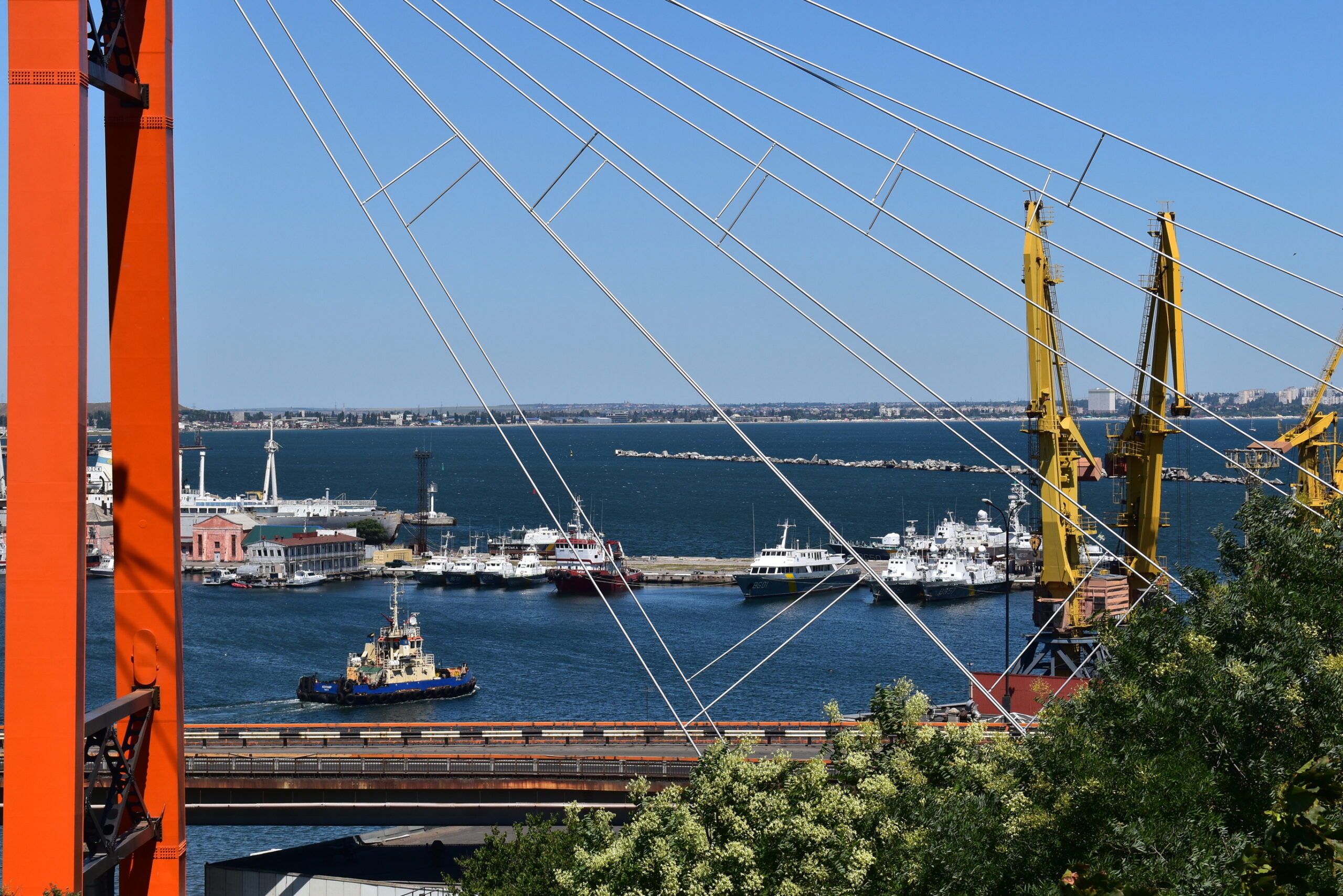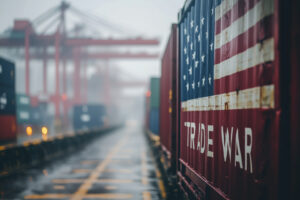The government in Oslo presented the white paper on total preparedness for crisis and war in Norway. The white paper identifies three primary objectives to ensure that Norwegian civil society is equipped to deal with a crisis or war, to withstand hybrid threats and to augment military efforts.
The white paper, which was presented by the prime minister Jonas Gahr Støre and the minister of justice and public security Emilie Enger Mehl, follows up the key recommendations of the total preparedness commission and contains more than 100 different measures.
Among other things, the Norwegian government will strengthen surveillance at sea and in the maritime sector in cooperation with the Norwegian armed forces.
The white paper sets the direction for efforts to strengthen civilian resilience and total preparedness in Norway.
“Over the past few years, we have been faced with a pandemic, extreme weather events and cyber attacks. The white paper on total preparedness is intended to enhance Norway’s ability to prevent and respond to these types of situations. We are taking steps to ensure that civil society is equipped to deal with a crisis or war. Our civil society must be able to back up military efforts and withstand complex threats,” said prime minister Jonas Gahr Støre.
“This is a historic white paper. It is a turning point for total preparedness in Norway. The preparedness measures in place since the 1990s and the fall of the Berlin Wall were based on deep peace. That period is behind us, and we must now plan for a new era,” added minister of justice and public security, Emilie Enger Mehl.
The white paper has been drawn up against the backdrop of a difficult security situation, including Russia’s war against Ukraine, the war in the Middle East, and heightened global competition and rivalry between major powers for military, political, economic and technological power.
“We are stronger and more resilient when we stand together. We must all give adequate consideration to preparedness – at home, in our free time and at work. National authorities, municipalities, companies, and each and every one of us must do our part to ensure that Norway is even better prepared to deal with a crisis situation or war,” said Mr Støre.
“If we are to respond effectively to crises and unforeseen events, we must pull together. We have managed this before, when we were a poorer country than we are now, and we can do it again. We must create a culture of preparedness in all sectors of society,” noted Ms Mehl.



